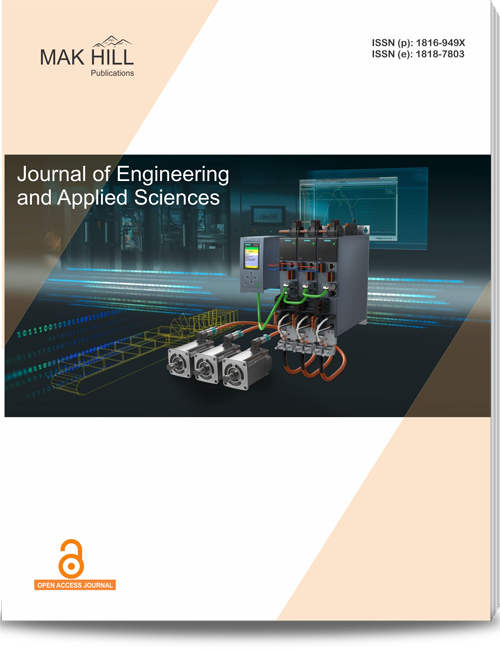
Journal of Engineering and Applied Sciences
ISSN: Online 1818-7803ISSN: Print 1816-949x
97
Views
1
Downloads
Numerical Evaluation of the Tensional-Deformational State of the Blade in the Gamesa G52/850 Wind Turbine During the Action of Extreme Wind
Pedro Limas, Carlos Trinchet, Pavel Almaguer, Javier Vargas and Lauren Isaza
Page: 3371-3377 | Received 21 Sep 2022, Published online: 21 Sep 2022
Full Text Reference XML File PDF File
Abstract
In this research is exposed to procedure to determine the mechanical behavior of the blade during extreme wind action for the GAMESA G52/850 wind turbines installed in the Gibara Wind Farm. For this, the complex geometry of esta blade is analyzed and its CAD modeling is performed, the sequence is defined to determine the loads acting, making the evaluation of the tensional-deformational state before different positions of the blade with respect to the mast. The finite element method analyzes the convergence of the mesh without detecting significant differences. The results of the numerical simulation showed that in front of winds of 250 km/h in a position of 90° (Flag) the blade resists the stresses to which it is subjected, however, it is not so in the 0° position. For winds greater than 250 km/h in any of the cases. These loads are supported. Considering the enormous dimensions of this type of wind turbine and that in the face of adverse weather conditions there is no possibility of collapsing or disarming it has-been scientifically demonstrated that the (Flag) position is the available option to reduce damages.
How to cite this article:
Pedro Limas, Carlos Trinchet, Pavel Almaguer, Javier Vargas and Lauren Isaza. Numerical Evaluation of the Tensional-Deformational State of the Blade in the Gamesa G52/850 Wind Turbine During the Action of Extreme Wind.
DOI: https://doi.org/10.36478/jeasci.2019.3371.3377
URL: https://www.makhillpublications.co/view-article/1816-949x/jeasci.2019.3371.3377